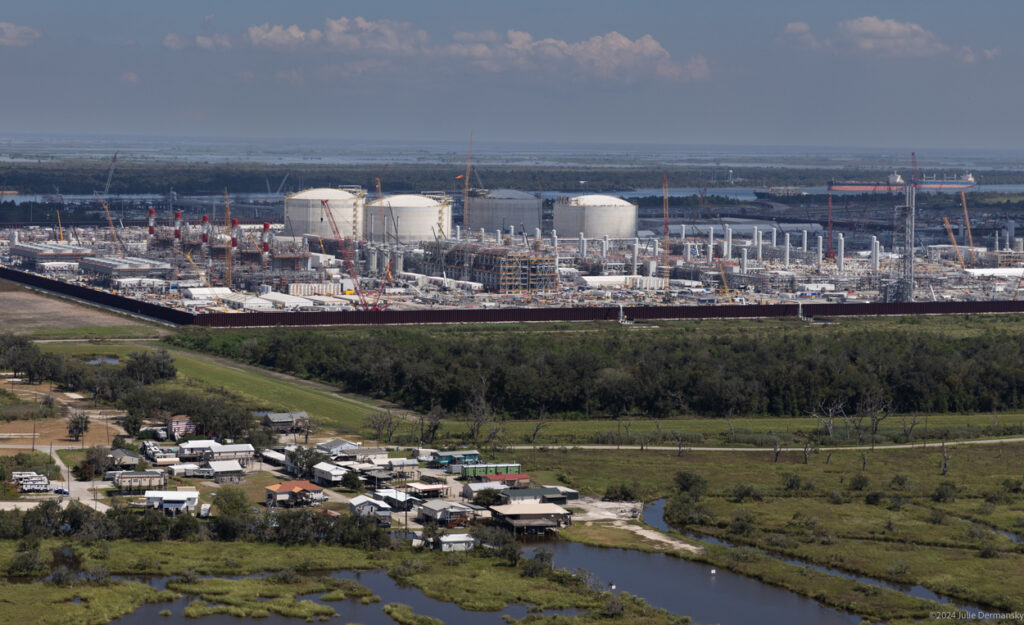It’s not necessarily a competition you should be particularly keen to win, but which country in the world has the most climate change “sceptics”?
Most people would probably hazard a guess at the United States, what with its preponderance of climate science denialist think tanks, conservative television and radio hosts and politicians who think it’s all a hoax.
But a new study that analysed identical surveys carried out across 14 industrialised nations has found that when it comes to climate science denial, Australia tops the pile.
Published in the journal Global Environmental Change, the study found that 17 per cent of Australians were “climate sceptics”.
Norwegians come in second at 15 per cent, followed by New Zealanders at 13 per cent and then Americans at 12 per cent. The UK was ranked joint fifth, together with Sweden and Finland, where 10 per cent of people were sceptics. The lowest ranked country for climate scepticism was Spain, where only two per cent of people were classified as climate sceptics. The authors wrote:
Climate scepticism persists despite overwhelming scientific evidence that anthropogenic climate change is occurring.
The study, authored by two scientists at the University of Tasmania, used data from surveys carried out in 14 countries in 2010 and 2011.
While the survey did not directly ask people if they accepted the science linking climate change to human activities, the respondents were asked how dangerous rising temperatures would be for the environment.
People who thought rising temperatures were “not very dangerous” or “not dangerous at all” and who also thought claims about environmental issues were exaggerated were classed as “climate sceptics”. While the authors accept in the paper that their approach was limited, they argue that the method enables them to do a valuable comparison of scepticism across countries.
Generally, the study found that climate scepticism tended to be associated with a lack of trust in governments and “positive attitudes” towards private enterprise. Sceptics also tended to be male and tended to vote conservative.
The researchers also tried to test the idea that climate sceptics tended to also be generally unconcerned about environmental issues, but found those two measures were only modestly linked with each other.
Across all countries, the authors wrote that only three factors — “political orientations (conservative), gender (male) and being unconcerned about environmental issues” — were “relatively consistent predictors” climate change scepticism.
The findings tend to support other studies that have found that conservative ideologies and support for private enterprise are strong indicators of climate scepticism and denial. The authors of the Global Environmental Change study concluded:
Low levels of trust in ‘the people in government’ is associated with climate scepticism, as is valuing private enterprise to solve economic problems. Rejecting government intervention in the reduction of income inequality also reflects laissez-faire attitudes towards ‘big government’ among climate sceptics.
But the finding that Australians, Norwegians and New Zealanders are more sceptical the Americans is surprising.
Last year, a survey from the Yale Project on Climate Change Communication found that only 66 per cent of US voters thought that climate change was happening.
Only 51 per cent of registered voters thought that global warming was mostly caused by climate change. But like the Global Environmental Change study, the Yale survey also found that conservatives tended to reject the evidence of human caused climate change. Among the most conservative Republicans, only 22 per cent were willing to accept that climate change was mostly caused by human activities.
Image credit: Flickr/Jo Christian Oterhals
Subscribe to our newsletter
Stay up to date with DeSmog news and alerts







